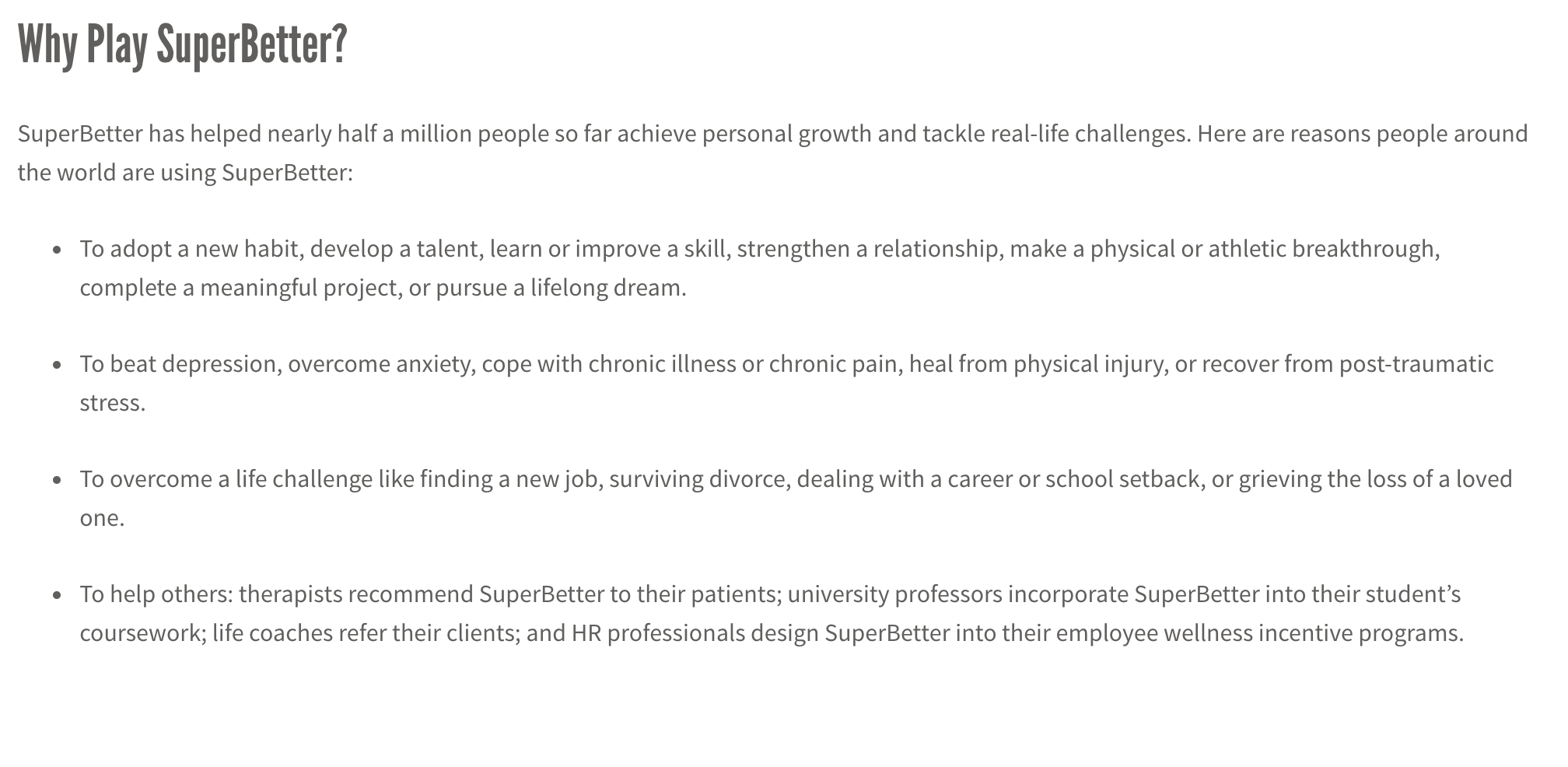after being diagnosed with ptsd in the fall, i thought i would write as a means of processing. in meeting with my therapist and a psychiatric nurse, i stated that i thought writing would help work through trauma, try to remember happy memories of my mother before and within her cancer and her dying, and serve as a cognitive/sensory grounding practice (exercises i am to develop to ground myself in my body/space when my brain feels atmospheric or i have suicidal ideations or night terrors strike or when an anxiety attack tears at my body). my impulse it to tell myself that i’ve failed at this (like so many other goals i set that morph into monstrous beings that remind me of my inabilities/incapabilities and how pathetic i am/have become). but i try to forgive myself the gap between my last blog entry and journal entry at the start of november until now. i try to convince myself (with my composition training) that writing doesn’t equate to words, that i’ve been writing through watercolor painting and making dried herb/flower bundles, that my instagram account is very much a diary and a grounding exercise and a way of re/membering and sensing and working through. but i am prone to violent oscillations and tell myself that this isn’t enough/this is too passive/this won’t help me/this won’t or doesn’t or can’t.
aside from writing, taking a walk is my other grounding exercise (this was much easier to do in the fall when syracuse wasn’t blistery blizzard buried in snow or so grey bleak). aside from collecting moss and flowers and taking photos, a large part of walking was also playing pokemon go. since the game’s release in july, it has become an accompaniment to many of the expeditions/travels of my boyfriend and i, and even the sole impetus to leave the house on some days. while i enjoy walks in and of themselves, discovering new pokemon, getting items and achievements, and earning levels –however silly/trite it may be–is fun. around the same time, we both started habitica, a habit building/productivity app that turns life into a game (it even describes itself as “your life the role playing game”). the app allows you to set lists of: habits, daily tasks, and to-dos. within those, you can adjust the difficulty of the item, the frequency of its occurrence, due dates, and tags. from completing items, you earn gold and silver; health, experience, and mana; equipment and pets; and ultimately levels. alternatively, when you don’t open the app, “check in”, or don’t complete items, there are negative consequences (like losing health). you can also join guilds, groups, and parties with other users. while i haven’t ventured into guilds or groups, i am in a party with my boyfriend, which allows us to complete quests together (another measure of accountability, if i am absent from the app, our quest is effected).
i’m still experimenting with my items, but my daily list includes: home maintenance, communication & correspondence, and stretching & body moving — all things that depression/anxiety disrupt or wipe out all together. my habit list includes: taking care of my work space, working with friends, working outside my apartment, stopping self harm, meditation, arts & crafts, taking medication & vitamins, journaling, reading, writing, weekly date night, as well as a negative/deduction whenever i scratch my arms or legs (a bad habit i do when anxious — awake or asleep). my to-do list varies, but i make a conscious effort to break things down or award myself for small accomplishments.
i know it sounds silly. i know it sounds gimmicky. but i see it (feel it) as self-care. it’s the practice of breaking down things into smaller parts (because i am synonymous with setting unachievable goals for myself). and it’s the practice of feeling accomplished and happy (something i have completely lost touch with) even in the smallest, silliest of units. after a year and a half of essentially shutting down to keep living, the smallest is a critical unit of measurement.
i wasn’t thinking about my play/games as grounding or self-care until i listened to a short audio segment from jane mcgonigal’s “how can video games improve our real lives?” as one of the thousand tabs i had open planning my course on “recreational research” (or research as play) for the semester. she spoke of her long and difficult mental/physical/emotional recovery after a brain injury, which forced her away from her work writing about games and designing games. to get through it, she turned her life into a game that she played with her husband and sister (which became the app superbetter).

i haven’t used superbetter yet, but i downloaded it today with the intention of using it very specifically for my ptsd/anxiety/depression/mourning and maybe my chronic pain/migraines/brain malformation.
there’s more to write about this. not just my use of superbetter, but of gamification as self care, as recovery, as something more than gimmick or bullshit or commodification. as something to connect to threads i leave hanging to keeping pulling on: emotional and experiential games, the borders/bonds between body and technology, body data and representation, affect, inventories.

